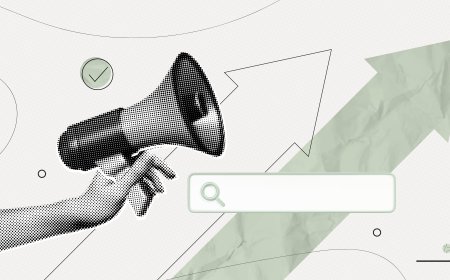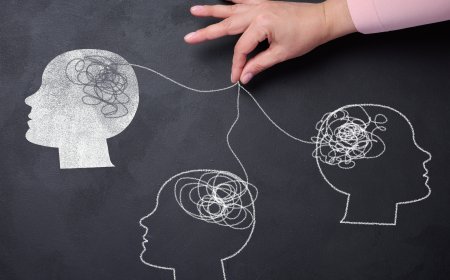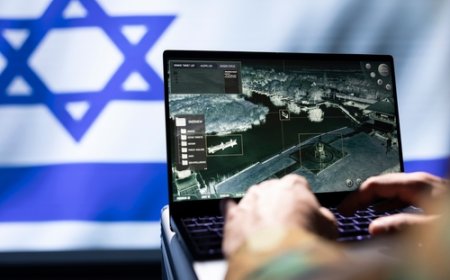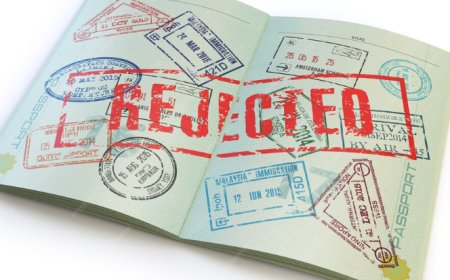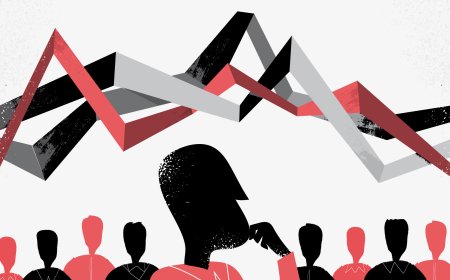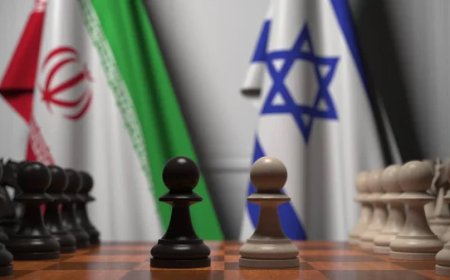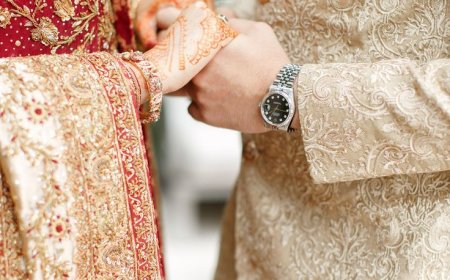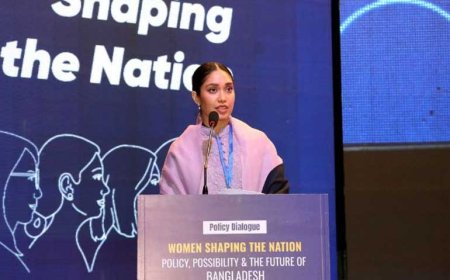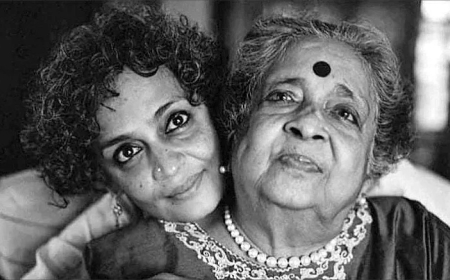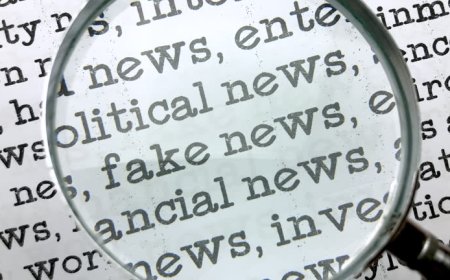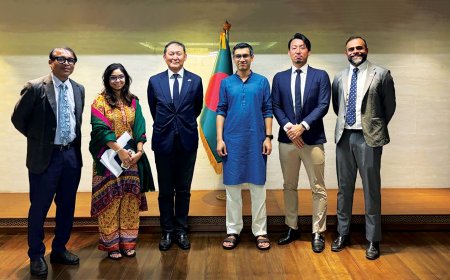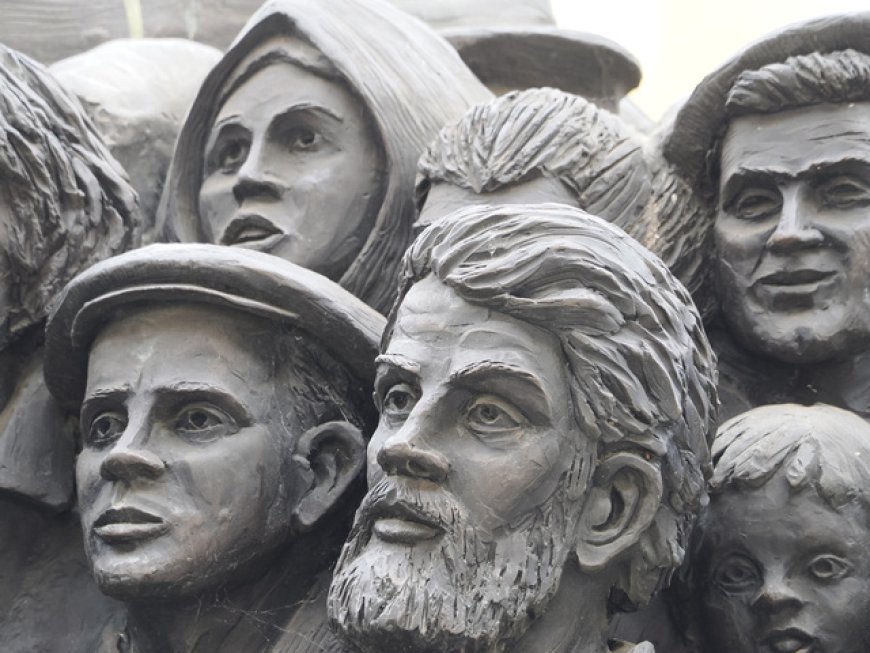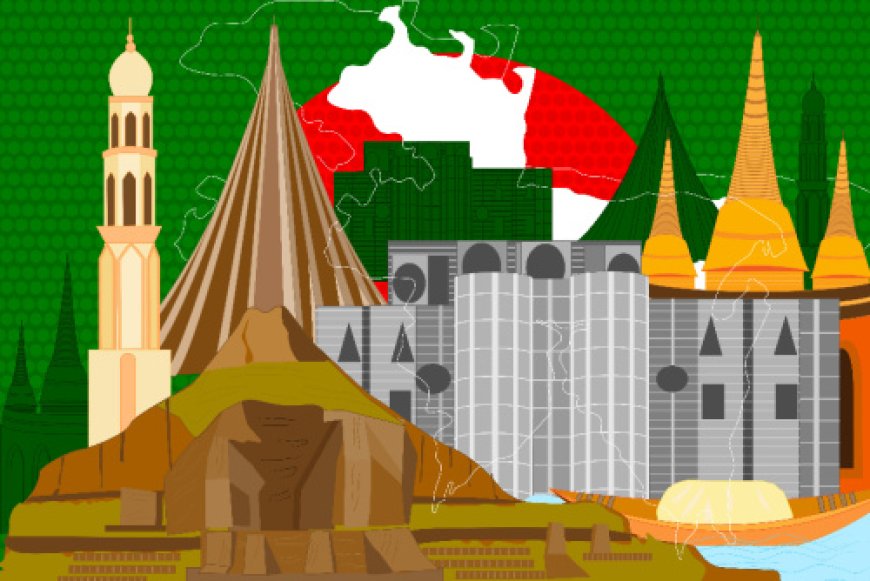We came apart, before we could come together: The root lies in our identity crisis
We have still to define a national identity for Bangladesh, and we need a national dialogue on the matter or we will remain a fractured people.
The fault lines have emerged.
As we buried our dead -- young, brave, bruised yet so beautiful, as we came to realize that a victory of generations has been achieved in a few weeks, as the ecstatic jubilation subsided, and as we started to pick up our nation’s broken and lost pieces of many years and started to put them together, the fault lines started to emerge.
Social, political, religious, cultural and even generational. Fault lines of all sizes and shapes, some ran parallel, some overlapped, some ran deep, some deeper, but nonetheless, like our rivers, these fault lines criss-crossed our land and started to segment us into uneven puzzle pieces.
It is probably immature to think that these fault lines came out of nowhere. They were always there, but masked. The noose of oppression and misrule of many years had tied them together, brought them together and they burst into flow once the noose was cut.
We see different faces as we look and relook at the photographs, news, and video clips of the July uprising. Students led the uprising. But people from all quarters participated. Political parties, religious and cultural organizations, non-partisan people, workers, day labourers, journalists, professionals, housewives, fathers, mothers, aunts, uncles, brothers, sisters, grandparents -- they all participated.
If we could stand shoulder to shoulder, if we could transform one voice to a million person chorus, if we could hand-shackle together a resistance greater than the Great Wall of China, what made us crumble so fast?
It is not just mere self-interest, political or religious ideologies, comfort in our own ways, or living in a moral quicksand of a society. While these are the manifestations, the conflict we face, what divides us the most is our lack of a national identity. Who are we as a nation?
Very few seem to know and be sure of it.
Yes, on a broad stroke we hear we are Bengalis, Bangladeshis, Muslims, Bengali Muslims, Bangladeshi Muslims, and some other variants of these. However, it is not quite clear at an individual level what it means. Please note, while I mention Muslims only, I don’t intend to exclude Hindus, Buddhists, Christians, and other religious and ethnic minorities.
But the intention is to focus on where the major confusion lies and these minorities, in effect, can be significant defining parts of our identity. Hindus or Buddhists who have been in the land for longer than Muslims have a more comprehensive acculturation and cohesion of cultural and religious practices.
What we are observing currently in Bangladesh is something discussed elaborately in the pages of social or political science research: crisis of a national identity leading to social fragmentations, polarized political tensions, weakening law and order, and economic challenges.
While many nuanced aspects of it should be discussed elaborately and disseminated among all the stakeholders and most importantly the common people, we should frankly discuss the biggest elephant in the room.
The part of Bengal that is Bangladesh now, has been a Muslim majority area for many centuries now and certainly long before the 1947 partition of Bengal. This demographic statistic was the sole reason for creation of East Pakistan. Distance between the lands was ignored, cultural and language differences were thought to be insignificant, we became a part of Pakistan that defied reason and commonsense. We should have become an independent country at that time. The years that followed created more confusion and rifts.
Our political and cultural sphere had to adopt to new types of rituals and practices. Most of the Bengali Muslims have been practicing ever since religion came to the region: they had steadfast belief in Allah, they prayed, they fasted, they gave, and when afforded, went to Mecca for Hajj.
However, a change started to take shape gradually after 1947. An Islamic cultural change spearheaded by the Muslim League and other Islamic entities focused on "re-Islamization," for lack of a better word, of Bengali Muslims. The aim was to recast Bengali Muslim identity in the mould of West Pakistani or Arab orthodoxy. It was an effort to impose a manufactured identity to a people who have thousand years of culture and heritage.
The root of Islam in Bengal was in the more liberal Sufi practices that is inclusive in nature. This philosophy gradually sipped into the collective psyche of the populace rendering them more on the moderate side when it came to religious practices. This was now faced with more stringent and more conservative form of Islam practiced in West Pakistan or Saudi Arabia.
This "imported" form of Islamic practice clashed with centuries old syncretic Bengali Muslim culture. This was not the first time in human history that such a cultural change divided a population. Eventually, a false dichotomy between being a Bengali and being a Muslim emerged.
The cultural and political polarizations led to our Liberation War of 1971. People of Bangladesh repeatedly and overwhelmingly rejected the idea of a religion-based state in all the elections starting from 1970. Islamic parties didn’t get more than 5-10% of the votes.
This reflects the innate moderate nature of the people of Bangladesh. They didn’t give up their faith, they didn’t stop praying, they didn’t stop fasting or giving, but they also didn’t want an Islamic party in power.
No reason to think that has changed much. But the continuous polarization of people based on religion and culture continued during the last 50 years of independence. While the Islamists rejected a lot of our heritage and culture as un-Islamic and infidel practices, the liberal and culturally inclined quarter labeled everything Islamic as anti-liberation or fundamentalism.
This marginalized a big proportion of people from entering the cultural mainstream. This was not always out of an ideology or belief but often out of vested interests and personal gains. Our politicians, educated class, and intellectuals did very little to mend this rift, in fact, they fueled this division even more in many cases.
We have been there before. So, it is possible and imperative that we start reconciling our Bengali and Muslim identities and emerge as Bangladeshi Muslims before we drift further apart.
We know we are just scratching the surface here. The intricacies of social dynamics among population sub-groups are much more complex. The purpose is to point out that a national dialogue is necessary to establish a true sense of identity for all Bangladeshis.
What's Your Reaction?








